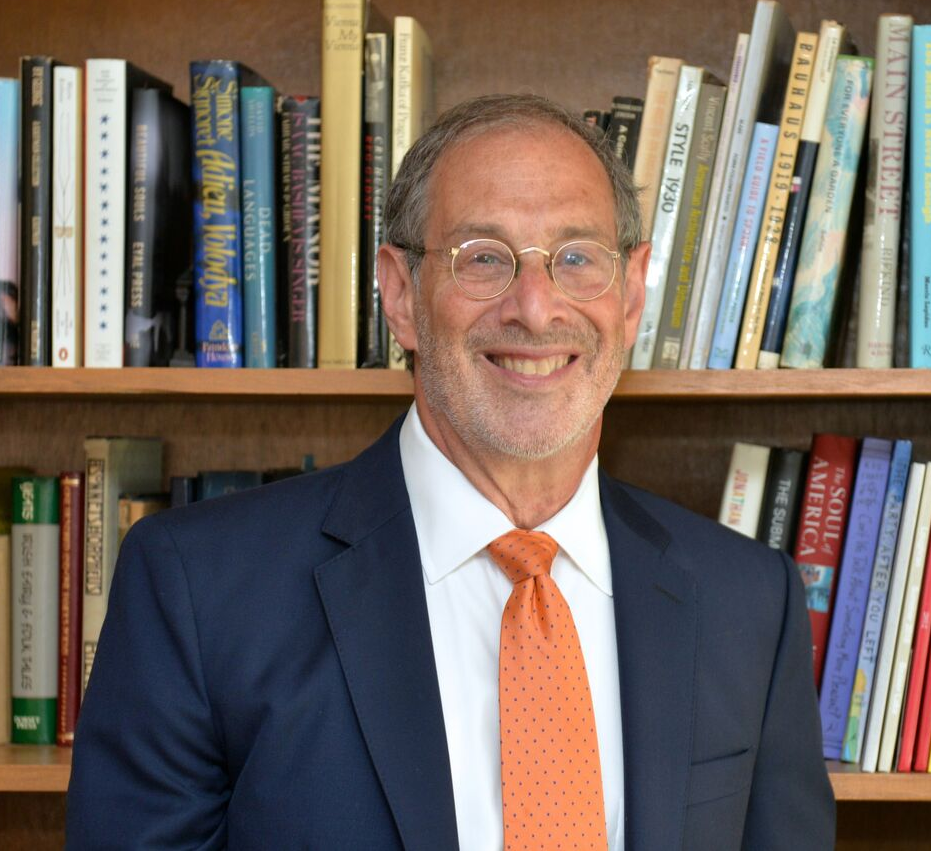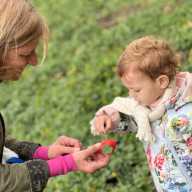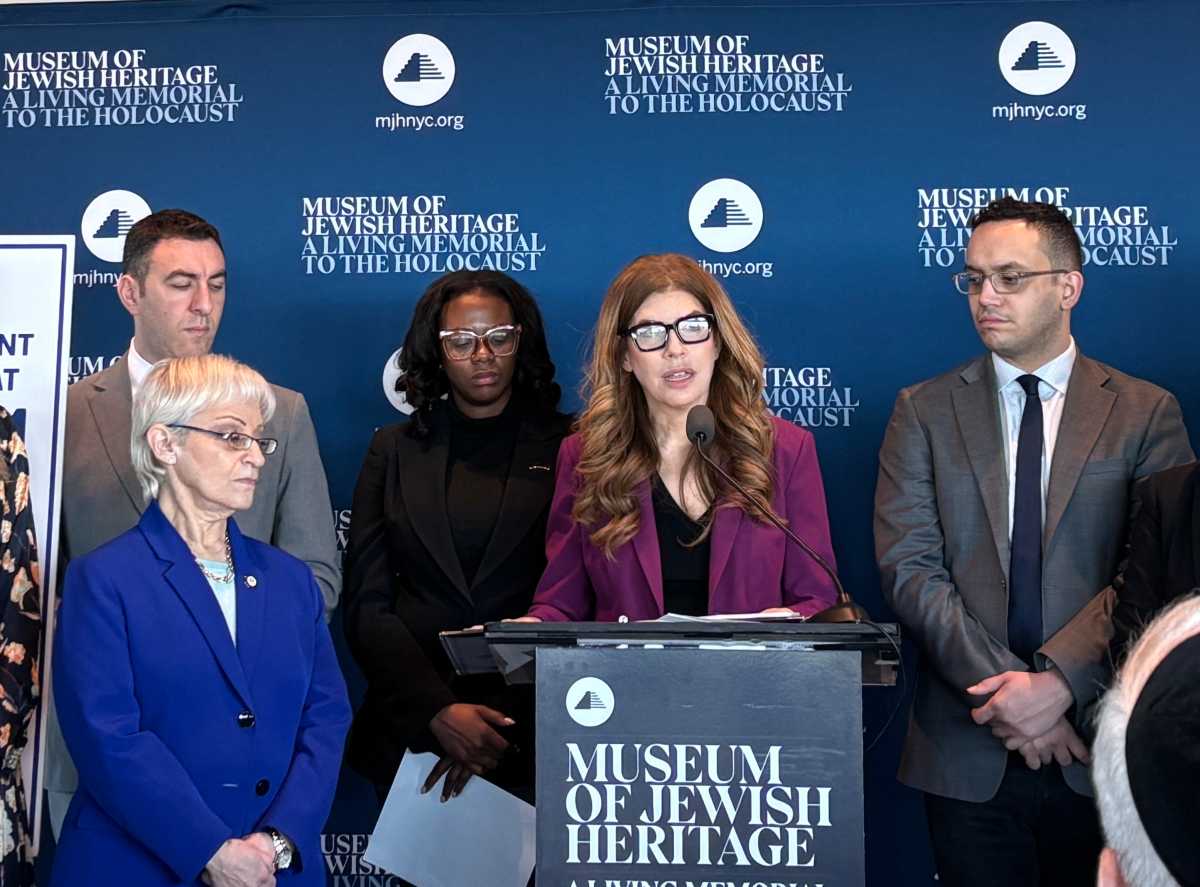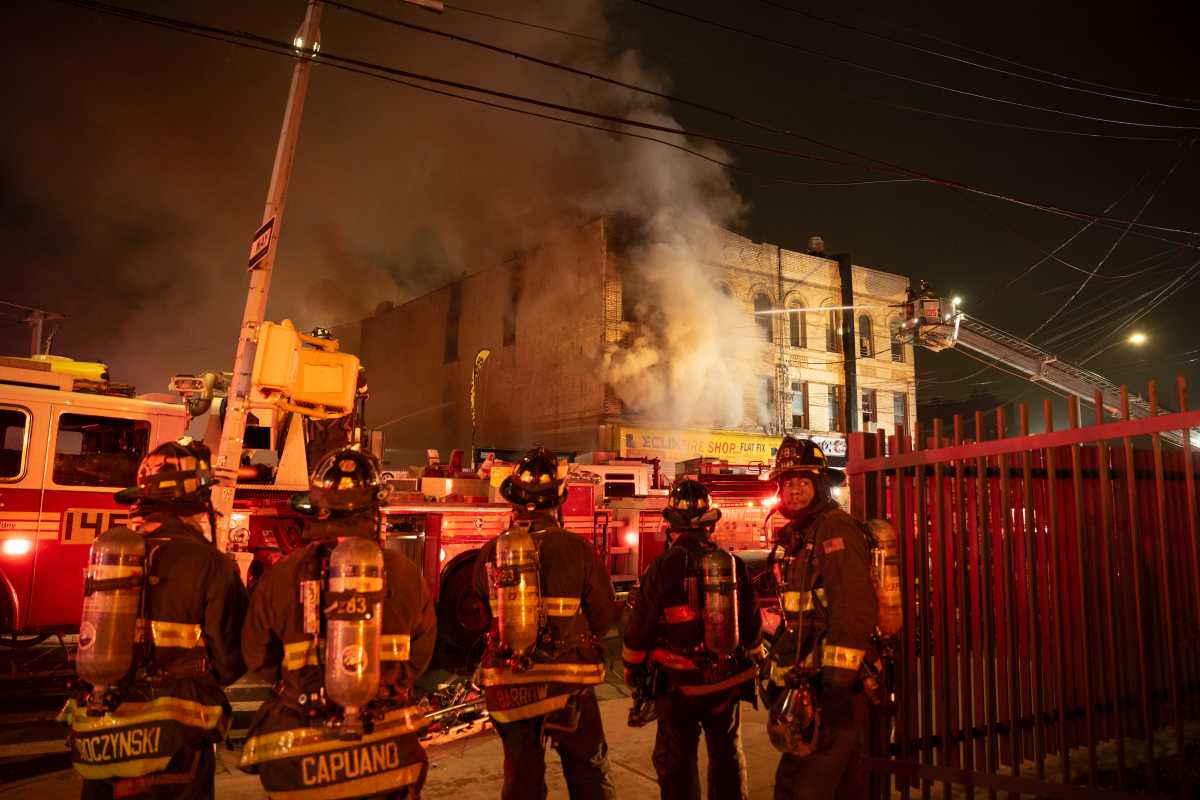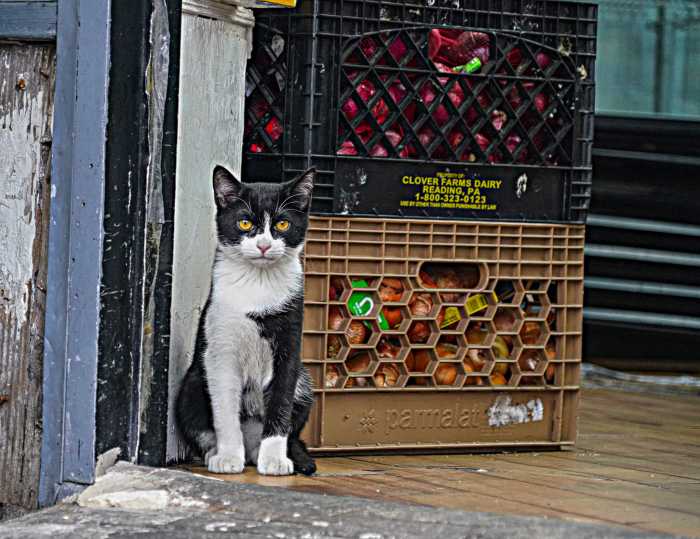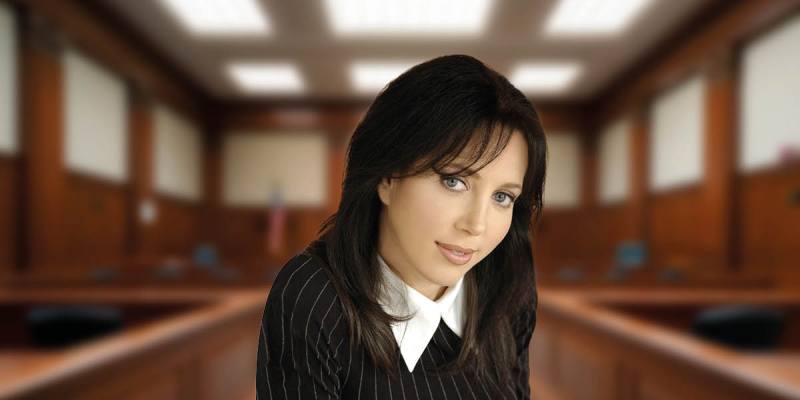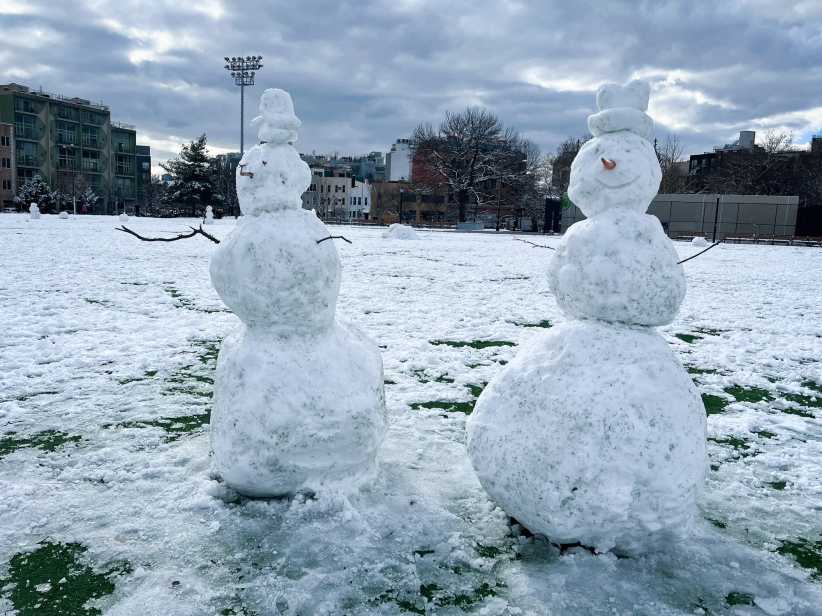New Yorkers are tough but compassionate. Even with the many challenges that New York City faces, people from across the globe – of all faiths, ethnicities and walks of life – have been living and working in relative peace here, including the most diverse area on the planet, Queens. Now more than ever, it’s so important that peace-loving New Yorkers rise above the hate and see the humanity in each other.
Queens Economic Development Corporation’s (QEDC) Executive Director, Seth Bornstein – a proud New Yorker, who has seen the good, the bad and the ugly – strongly agrees.
Through his important role, Bornstein has enhanced the not-for-profit’s work as a stronger advocate for business and tourism growth in the borough. But one of his other passions is writing. The Brooklyn native – who enjoys adventures across Queens – has penned plays, short stories and essays. And because of his special connection to Israel, he was inspired to write his first novel, “Swimming to Jerusalem” (Luminare Press, 2023), which is a must-read.
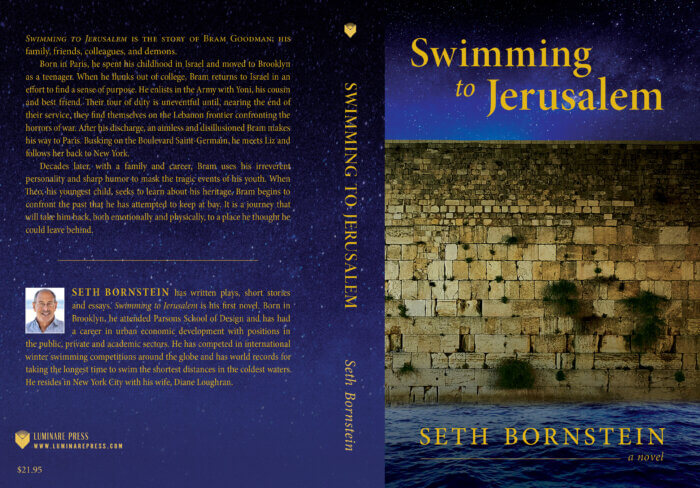
The book review magazine Kirkus Reviews describes the book as “a great novel of New York in the Trump era…” and notes: “The dialogue is particularly sharp and laden with dark humor.”
QNS caught up with the author, who was eager to talk about his new endeavor.
What does Jerusalem mean to you?
“It’s a beautiful place in the Judean Hills – the brown landscape, the green foliage and gold, stone structures merge as in an impressionist painting. People claim the air is different. It appears to exude peace. Walking in the Old City one can’t help but feel the glory and the pain that gives Jerusalem its meaning.”
Talk about the meaning behind the title – from your perspective as an avid, competitive swimmer.
“I think we all aspire to be the best we can be, but we never actually get there. In the story, swimming is a metaphor of trying to reach a goal – but never actually achieving it. Just like it is impossible to swim to a land- locked city that represents mankind’s aspirations for so many.”
Your brave protagonist, Bram Goodman, can be described as irreverent, extremely flawed and quite funny. Is his character based on someone you know?
“Bram is an aggregate of my imagination combined with characteristics of people I have met along the way. He may appear strong, self-confident and cocky at times, but he is a bundle of nerves and insecurities, constantly questioning himself.”
Describe the common thread that connects Bram’s journey of self-discovery – from Brooklyn to Israel – as he wrestles with inner demons and past traumas.
“As a young boy, he had to protect his disabled brother. This made him aggressive, ready to strike out at others. As a teenager, he is self-centered, unaware of the pain of those around him. The shock of experiencing loss begins a ‘reset’ of how he looks at the world. He goes from being aggressive to being protective – though he can’t fully let go of his aggression. Simultaneously, as his awareness of pain in others increases, he tries to bury his own pain – until he can’t.”
Share some memorable personal experiences that inspired certain scenes in the book.
“There are many! Most of the locations are places I lived or spent time in. My months in Paris and Jerusalem were limited but made an impression. I did stay in the dumpiest hotel on the Île de la Cité, [an island in Paris], and worked in a youth hostel near the German Colony in Jerusalem. But New York City – Brooklyn, Manhattan and Queens – are the places I’ve called home for most of my life. I still swim at Brighton Beach [in Brooklyn]; I spent my twenties in Greenwich Village; and, after raising my children in a house in Forest Hills, my wife and I moved to an apartment in Manhattan and enjoy martinis in Midtown (up, with olives).
Why were you inspired to write your first novel in 2020, during the pandemic?
“I’ve always written – short stories, blogs and plays. I toyed with the idea of writing a novel before the pandemic, but the upside of that period gave me the luxury of time (and I’m a terrible baker and fall asleep during most Netflix series). I started with a few sketches that slowly led me to writing ‘Swimming to Jerusalem.’ I enjoy developing characters; they became my ‘imaginary friends’ and told me what they wanted to do. I wasn’t entirely sure how it would end, but they directed me.”
How would Bram view the volatile situation happening in the Middle East?
“He would be greatly saddened. Growing up, he knew the importance of defending those who cannot defend themselves. Early in the story, he is told to eliminate the hate he has for those who have hurt people he loves. He tries, but it is so difficult. Looking at what is happening now is painful because he knows hate only perpetrates hate.”
Describe your personal connection to Israel.
“Most of my family came to America before World War II, but many of my father’s aunts, uncles and cousins did not and perished. One cousin survived and was ‘discovered’ in the 1970s. I visited her my first trip to Israel in 1979. She lived through the worst of humanity but, when I met her, she was loving and kind. She didn’t forget the past but did not let it control her. As she had no children when she died, I lost any familial connections. I do have dear friends in Jerusalem – from Queens, originally, who made Aliyah (immigrated to Israel) 30 years ago. I stay with them when I visit. I was supposed to go there in November, but that will have to wait.
As a competitive, international winter swimmer, you have noted that you have the dubious honor of holding world records in taking the longest times to swim the shortest distances in the coldest waters. Describe some of those locations and tell readers a bit about your exciting experiences.
“I started plunging with the Coney Island Polar Bear Club 30 years ago. In 2015, the president of the club asked if anyone wanted to go to China to take part in the International Winter Swimming Championships – all expenses paid. A friend and I said, ‘Sure!’ But we had to actually swim! On that trip, we met other winter swimmers and formed close friendships that led us to other competitions in Latvia, Sweden, England and Slovenia. But it is more about the camaraderie. As we say, ‘The colder the water, the warmer the heart.’
“Swimming to Jerusalem” has been described as “a tender look at the way the progression of time makes immigrants of us all.” Can you expand on that?
“I think it’s the rare person who feels entirely comfortable in their surroundings. We all carry our past – whether real, imagined or possibly, cell memory, with us. Growing up, most kids I knew were either children or grandchildren of immigrants. And without exception, all of them came here to escape something: poverty, war, intolerance or ignorance. The burden of the past does dissipate over the generations, but a residual layer remains.”
“At all times, the writing displays a keen wit and a deep sense of history. A bighearted novel about the past’s refusal to recede.” – Kirkus Reviews

